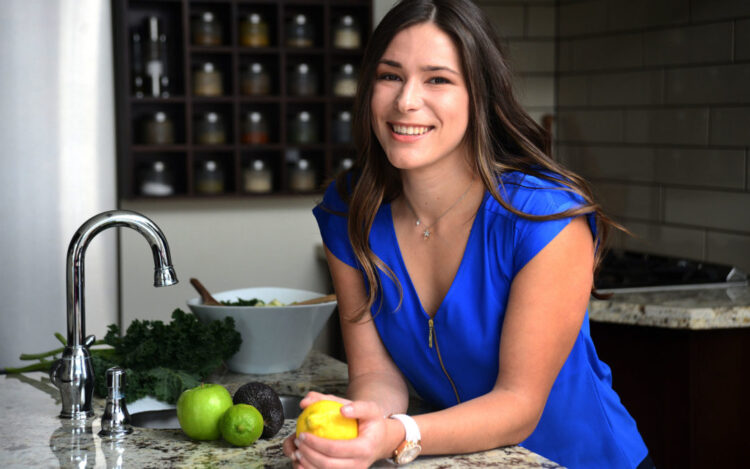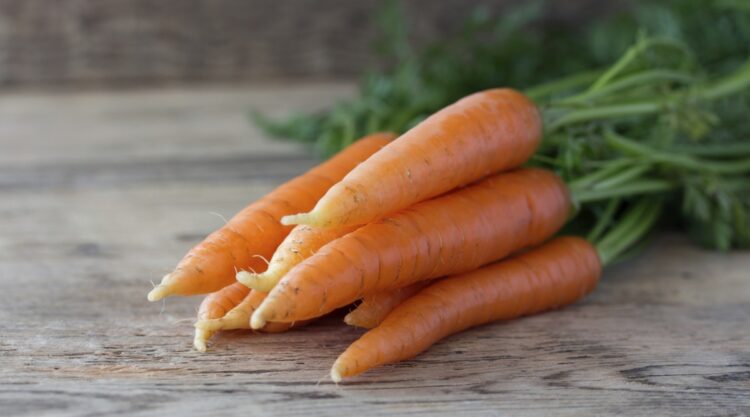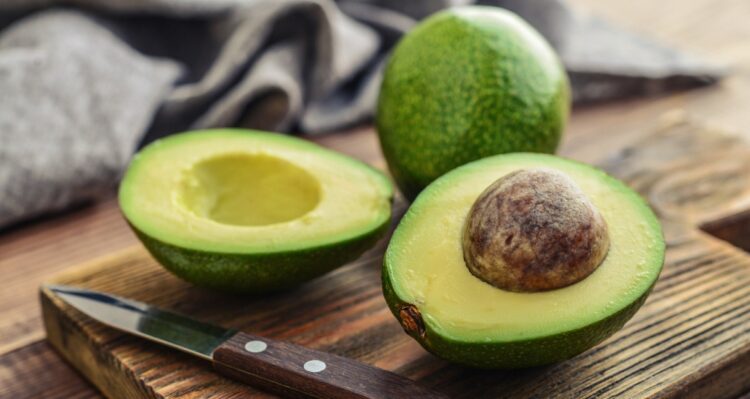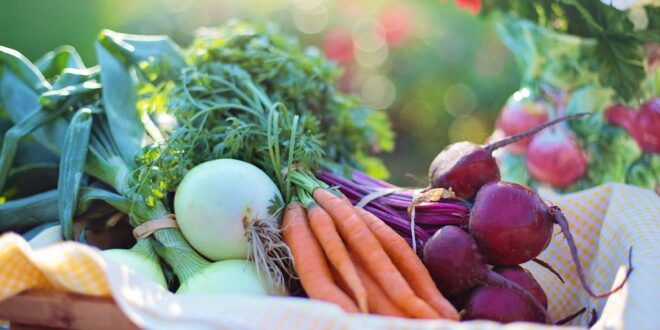The days of assuming that great build or well-proportioned body can be achieved simply by taking in a high-calorie diet and vigorous exercise are coming to a close and opening up the floor to the more contemporary concept of “holistic sports nutrition“. “Holistic” refers to the acknowledgment of the sportsperson as a wholesome human being, with their body, mind, and spirit all playing an important role in their athleticism.
Therefore, while the mainstay for holistic sports nutrition is a highly individualized green diet, the maintenance of a healthy mental and emotional state plays a huge role in ensuring that the sportsperson operates at his optimum.
This type of nutrition pushes the athlete to rely mainly on high-quality whole foods as the primary source of nutrition. Supplements and other processed nutrients are usually discouraged, save for cases where the athlete is unable to meet his body’s nutritional needs through the recommended diet.
Processed foods, high in simple sugars and fats, are a strict no-no as far as holistic sports nutrition goes. The foods recommended by holistic sports nutritionists are preferentially unprocessed and therefore as close to their natural state as possible.

One may however ask, how can a mainly vegetable-based diet ensure adequate intake of all the macro- and micronutrients required for the optimum functioning of the human body, especially during demanding activities such as sports?
Carbohydrates, which are the main energy source in the body can easily be sourced from whole grains, starchy vegetables such as tubers (including sweet potatoes and yams). This provides the body with enough carbohydrates to allow for optimal performance out in the field or the gym. The benefits of these vegetables, however, do not end there. They also provide the body with much-needed antioxidants and vitamins which go a long way in maintaining bodily functions, which is, according to Dr Natura, is very important.

Proteins can be sourced from legumes such as beans and lentils, soy, as well as nuts. These unprocessed, healthier proteins are the perfect replacement for GMO-sourced protein as is found in processed meats and eggs. However, if one does not wish to switch to strictly vegetarian or vegan feeding patterns, organic, unprocessed, non-GMO eggs, and meat products are a valid option.
Fats need not be unhealthy either. Avocado, olive and coconut oils all provide great flavor to meals, whilst keeping them organic and healthy. Nuts are also a good source of healthy fats that the body can utilize in its cellular processes.

Over and above that, holistic sports nutrition requires one to stay hydrated with pure water, breath clean air and receive adequate sunlight. Other aspects of holistic sports nutrition that were often put on the back burner in traditional sports nutrition include adequate sleep, mental and emotional balance, and healthy interpersonal relationships. All these play a role in ensuring that the athlete is at his optimum when training and competing.

Supplements, as mentioned earlier, are usually discouraged. This is due to them often containing additives such as artificial sweeteners which may be toxic to the body. However, this is not to say that all supplements are bad. A dose of protein supplements such as Optimum Nutrition Amino Energy supplements available at Supps R Us may be of great benefit to athletes in intensive training regimens and physically demanding sports. Other supplements that may be worth considering in one’s dieting regimen include fat burning supplements, omega-3 supplements, and multivitamins.
All in all, holistic sports nutrition is a newer avenue of nutrition within the sporting community. It provides a healthier and more wholesome nutrition solution while supporting the high protein-energy needs in the sporting arena.
 Hi Boox Popular Magazine 2024
Hi Boox Popular Magazine 2024



